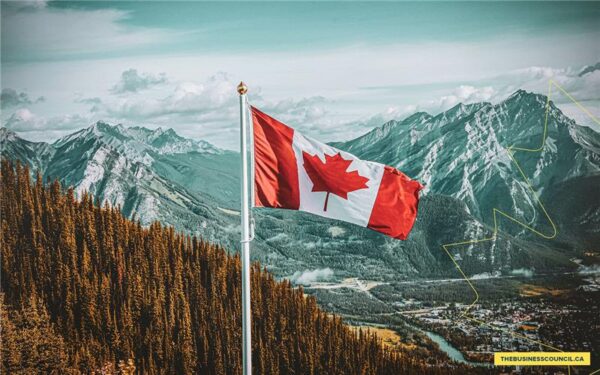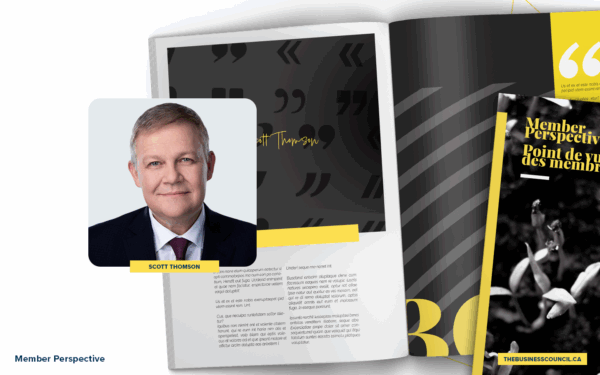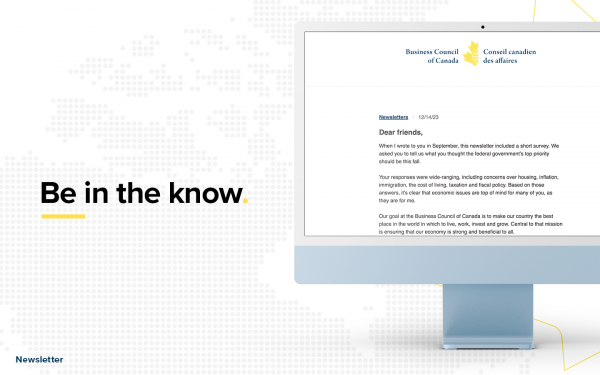Who will speak for Canada?
As published by Robert Asselin in The Hub.
Every now and then, in moments when as a country we try to engage in some form of national conversation such as a federal election, we are reminded it is easy to replay the last refrain of our collective misunderstandings and fault lines.
In a sobering article published last week in the Hub, Howard Anglin made the case that the results of the federal election are yet another manifestation that our country is one made of many solitudes.
“At the extremes, in parts of the Prairies and Quebec, the differences are so great that one is tempted to conclude that it is not so much a matter of misunderstanding each other as no longer being interested in understanding each other,” wrote Anglin.
It’s tough to argue with him when you look at the numbers. Four out of five Canadians eligible to vote chose not to vote for the winning party in last week’s federal election.
In the end, 32.6 percent of 62.2 percent of Canadians who went to the polls voted for the Liberal Party of Canada, which comes down to less than 20 percent of eligible voters.
The distribution of seats shows a stunning regional/rural/urban divide. The Conservatives didn’t win a single seat in Canada’s three biggest cities of Toronto, Montreal and Vancouver. Similarly, the Liberals were not competitive in roughly one-third of the ridings, most of those west of Ontario.
It is often said that Canada is an unachieved experiment. At best, our diversity, exemplified by our federalism, brings some healthy tension and allows for reasoned and pragmatic governance. At worst, Canada is a never-ending family dispute.
Like siblings who don’t get along, we sit at the dinner table silently and eat as fast as we can so that we can go back separately to our rooms. Our vast geography makes it easy to ignore each other.
As someone born and raised in Québec, I’ve watched federalist Quebecers running for federal seats only to advocate more “powers” to the government of Québec and caring very little about what the federal government can do well within its own jurisdiction. They are so consumed by delivering on new “Quebec demands” that one wonders why they wouldn’t just make the choice to run for a seat at the National Assembly.
It has always made little sense to me to see a federalist wanting to represent Quebecers in the Parliament of Canada arguing that the federal government has no or little relevance and value in their fellow citizens’ lives. It is also hard to explain to Canadians from other provinces why they should have less influence on Quebecers lives than Quebecers have on theirs.
For all the money that was spent and committed at the federal level over the last 18 months, one wonders why we are still nowhere near meeting our international obligations on defence and international aid and are left out of strategic agreements such as the one the Biden administration just signed with the U.K. and Australia.
On national unity, a lot of people think the answer resides somewhere on the nexus between decentralization and centralization of our federation. If only we could “decentralize” and give more money and powers to provinces, or if only the federal government could be more assertive in provincial areas like health care and child care, all would be fine.
It’s a legitimate debate but I think it misses the point on our lack of national unity. What is needed now is a mix of ambition and resolve and an understanding that the path forward will be difficult. I bet an ambitious agenda rooted in federal powers that transcends parochialism would go a long way with Canadians.
When President John F. Kennedy challenged his fellow citizens to send a man on the moon in September 1962, it was relevant to all Americans. He also acknowledged that this challenge was worthwhile not because it was easy, but because it was hard. At one point someone needs to speak for the idea of what Canada can do. Constantly arguing that we have less and less in common will lead to a heap of ruins.
It turns out there are no shortage of big undertakings for our country to consider. A renewed sense of purpose for our country would give Canadians a change of scenery from federal-provincial battlefields and existing regional tensions.
We could set a long-term ambitious economic growth agenda to ensure Canadian living standards are not declining over time. Harvard Economist Benjamin Friedman wrote in The Moral Consequences of Economic Growth: “Economic growth — meaning a rising standard of living for the clear majority of citizens — more often than not fosters greater opportunity, tolerance of diversity, social mobility, commitment to fairness, and dedication to democracy.”
On world affairs, the time has come to transition from our Pearsonian idealism nostalgia and pivot to define and act on our national interests in this new era of geo-economics. The end of the Washington consensus is surely one of the most formidable challenges Canada has faced in the last half century on the world stage. As we celebrate the return of Michael Spavor and Michael Kovrig, we must learn the hard lessons of this new chacun pour soi world order.
We could also make Canada one of the most innovative economies on earth by embracing science and technology. We have an opportunity to tackle significant challenges such as climate change and create wealth for millions of Canadians. Despite its small size and dense population, the Netherlands makes far more food than it can eat. This is how a nation that was once starving under the Nazis has now become a world leader in farming techniques and agriculture technologies. There is no reason Canada cannot leverage its private sector ingenuity and become a world leader in the three techs: clean tech, ag-tech and life and bio science tech.
Let’s choose to turn our attention to big, ambitious challenges over bitter recriminations and self-fulfilling prophecies of regional and identity grievances. It’s time to speak to the idea of what Canada can achieve.











